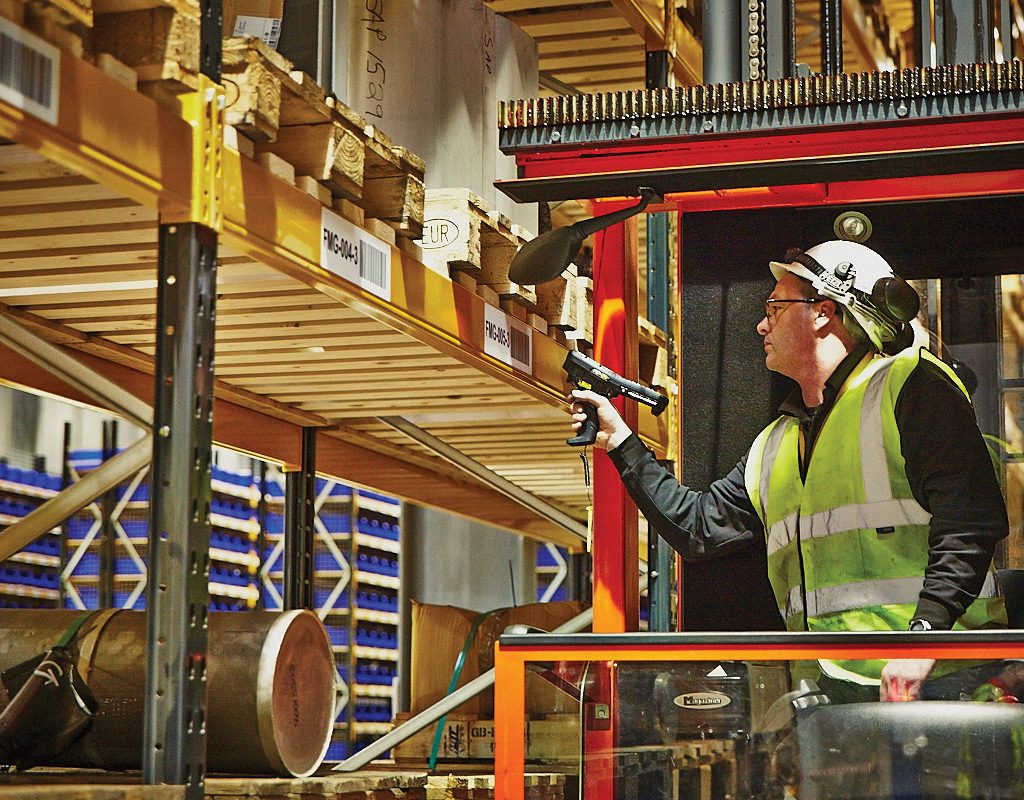How exciting is the subject of steel forging to the average Brit? The obvious answer is of course not very, but at the same time there’s no denying that the world as we know it would literally fall to pieces were it not for the tireless efforts of UK’s forging specialists.
A drive around the suburbs of a city like Sheffield should be enough to drive-home the sheer scale of the British forging industry. It may be a mere shadow of its former self, but it’s still categorically massive and of crucial importance. So while it’s not necessary for any ‘average Joe’ to know the full ins and out of forging, it’s nonetheless a part of the UK’s industrial heritage that’s important to acknowledge. And although much of the subject may not appear particularly thrilling, there are certain facts and figures it’s impossible to deny are indeed compelling to say the least.
Here are some quick insights into the workings of the UK forging industry in the form of a few fast facts:
Forging Doesn’t Require Melting
First up, it’s a common misconception to assume that in order for any metals to be processed, they first need to be melted down to a liquid form. This is of course the way in which a great many metal products are made, though is entirely different form the forging process. With forging, the metals used in the process are actually pounded, squeezed or pressed into their resulting shape which is often done with little to no heating at all. Unsurprisingly, this demands quite colossally powerful machinery to successfully carry out, though the result is metallic products that are vastly stronger and more durable than those created by way of melting and moulding.
Almost Any Metal Can be Forged
Another interesting fact not commonly known is that it is in fact possible to forge almost any and every metal known to man. The most commonly forged metal of all is of course steel, which is popular the world over for its brilliant strength and relatively low costs. However, there is also constant demand for components forged using copper, titanium and aluminium – all of which have their own unique properties. Some metals are stronger than others, some are lighter, some are better conductors of heat and some are far more affordable – all of these factors allow those ordering the parts to carefully balance their priorities.
The World’s Major Industries Rely on Forgeries
The importance of forged parts cannot be overstated though is at the same time difficult to truly comprehend. If any given person was to think about the world’s most important industries, chances are that every single example they could mention would be one that’s wholly dependent on forged parts. From the companies building the biggest passenger jets to the factories creating the simplest food products bought without a second thought every day, none of this would be possible without tens of thousands of forged parts at the hearts of hundreds of important industries.
Most Homes Contain Forged Products
Ask yourself – when was the last time you personally bought a forged product? Chances are that the most likely answer will be the last time you picked up a common household tool, like a hammer, a chisel, an axe or a spanner. Tools of quality are almost always created by way of forging as there’s no other way of producing items that would be able to withstand the pressures household and industrial tools are subjected to.
All Modern Cars Feature Forged Parts
The very reason why modern cars are able to run for years on end without requiring any major repairs is that many of their most important components are forged. Forged parts are uniquely able to withstand the tolls of excessive friction, pressure and impact in a way that standard metal parts would be unable to. Without forged parts, taking a single long journey without running into trouble would be nigh-on impossible.
Forging Hasn’t Changed in Decades
Last but not least, the world’s metal production industries are always looking for ways and means by which components and products can be made stronger, more durable and generally better-suited to their jobs. But while so many industries are constantly making changes and refinements, the basic principles of the forging industry haven’t changed in decades. The techniques being used this very day at Brooks Forgings for example are for the most part the same as those of decades gone by – there’s simply no better way of producing spectacularly strong metallic components than the forging process.
